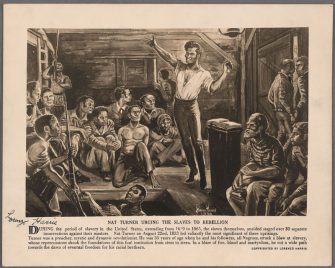 On Aug. 21, 1831, Nathaniel “Nat” Turner launched one of the most historic revolts to end enslavement in Southampton County, Virginia. It lasted 48 hours before armed, white men suppressed the revolt.
On Aug. 21, 1831, Nathaniel “Nat” Turner launched one of the most historic revolts to end enslavement in Southampton County, Virginia. It lasted 48 hours before armed, white men suppressed the revolt.
Turner’s rebellion echoed in anti-Black, pro-slavery policies and in the opposing fervor of the abolitionist movements across the United States for decades to come.
From BlackPast.org (with selected edits to terminology by ZEP):
Taught to read by the son of his enslaver, Turner studied Christianity which he interpreted as condemning slavery. Turner also began to believe that God had chosen him to free his people from slavery. He soon became known among fellow people in bondage as “The Prophet.”
Turner was sold to enslaver Joseph Travis in 1830. Less than a year after the sale, Turner received what he assumed was a sign from God when he witnessed the eclipse of the sun. After sharing this experience with a few close friends, they began to plan an insurrection. While still planning the uprising, Turner saw that the color of the sun had changed to a bluish-green, which he believed was the final sign to initiate the uprising. With this confidence, Turner and seven other enslaved people moved forward with their plans.
The fallout of Turner’s inspiration and organizing is described in Paul Royster’s Abstract to the digitized primary source document, The Confessions of Nat Turner (1831) (a biased pamphlet, produced for profit by a young lawyer involved in the trials of the rebels):
On the evening of Sunday, August 21, 1831, Turner met six associates in the woods at Cabin Pond, and about 2:00 a.m. they began to enter local houses and kill the white inhabitants. Over the next 36 hours, they were joined by as many as 60 other enslaved and free Black allies, and they killed at least 10 men, 14 women, and 31 infants and children.
By noon of Tuesday, August 23, the insurgents had been killed, captured, or dispersed by local militia. Nat Turner escaped until October 30, when he was caught in the immediate vicinity, having used several hiding places over the previous 9½ weeks. The next day he was delivered to the county sheriff and lodged in the county jail in Jerusalem (now Courtland), Virginia . . .
On November 5th, Nat Turner was tried and condemned to be executed; on November 9th, he was hanged.
Learn More
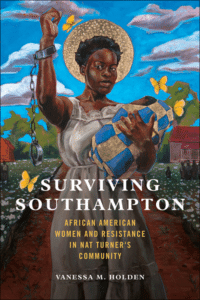 Surviving Southampton: African American Women and Resistance in Nat Turner’s Community by Vanessa M. Holden (University of Illinois Press)
Surviving Southampton: African American Women and Resistance in Nat Turner’s Community by Vanessa M. Holden (University of Illinois Press)
Free, digitized primary documents about Nat Turner and his rebellion at the Nat Turner Project.
10 Things You May Not Know About Nat Turner’s Rebellion at HISTORY
Listen to “Nat Turner,” a song about the revolt that was written by Joe DeFilippo and performed by the R. J. Phillips Band.

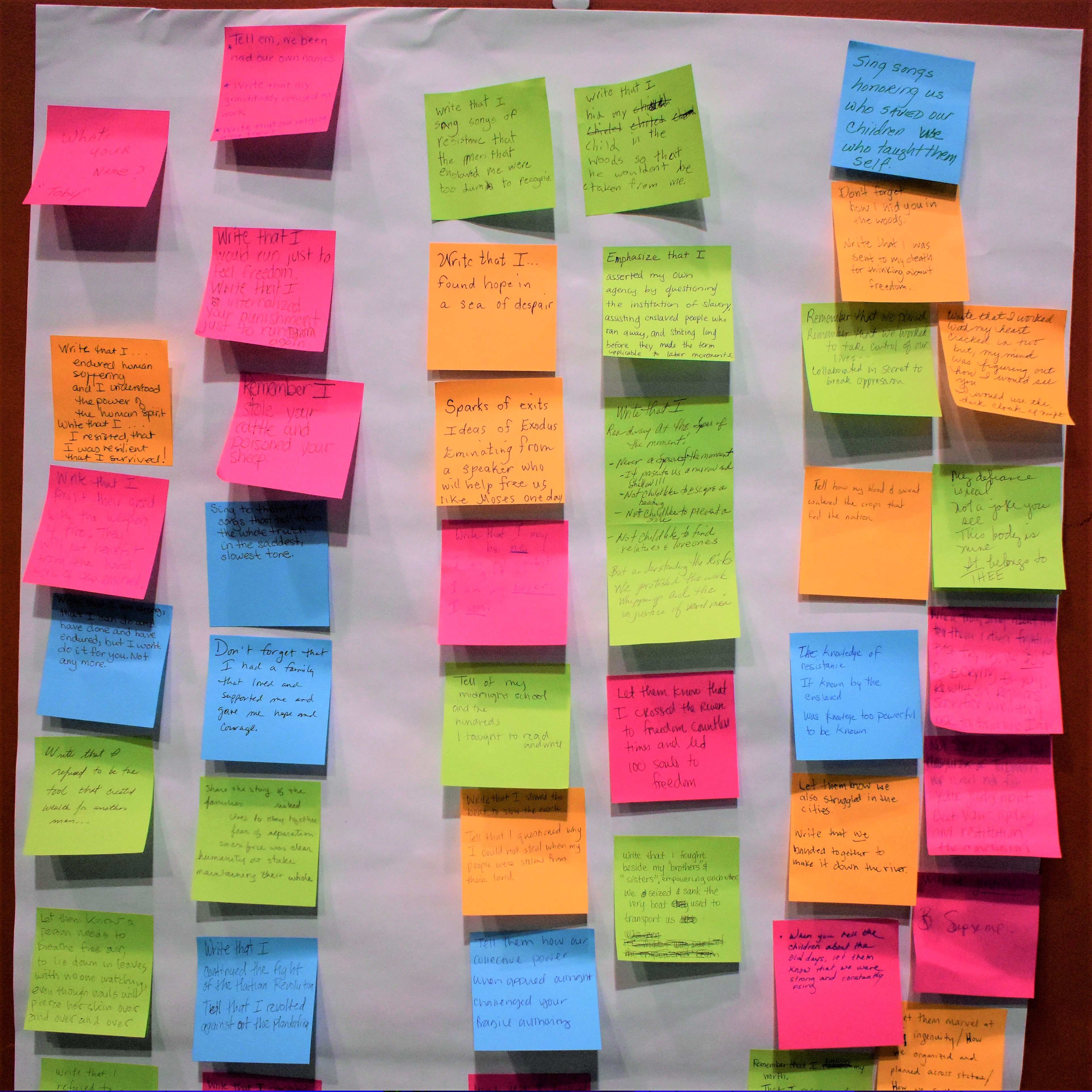


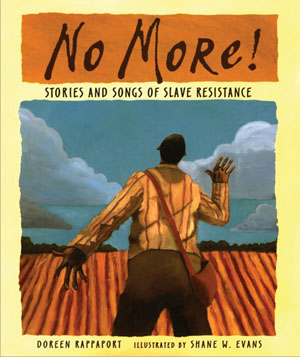
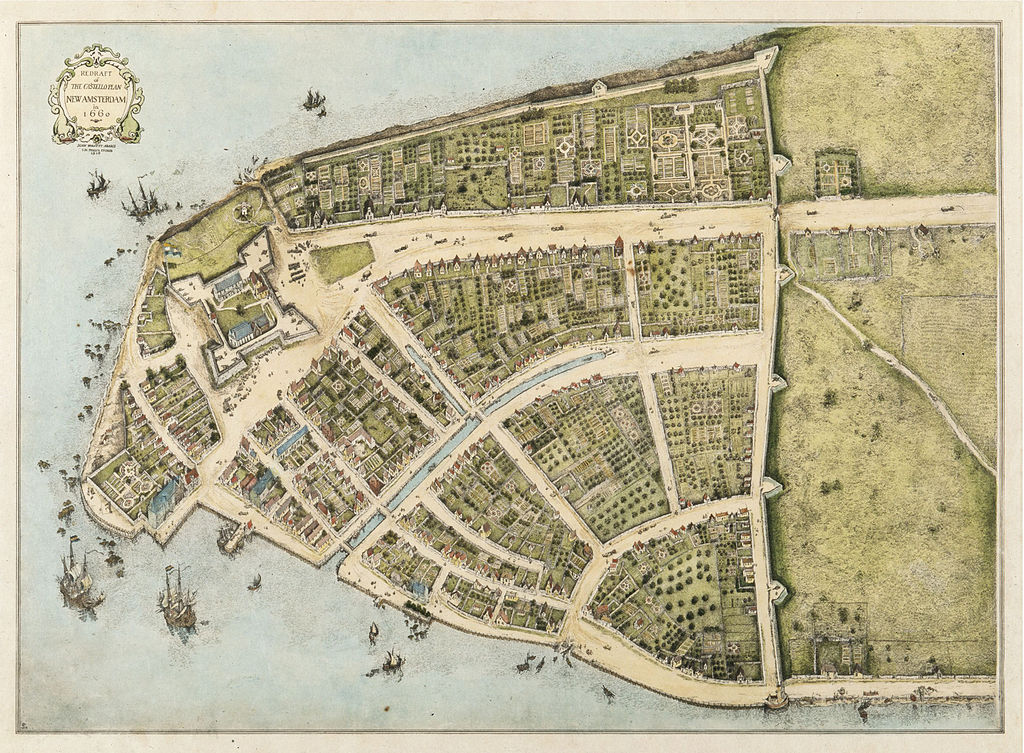





Twitter
Google plus
LinkedIn